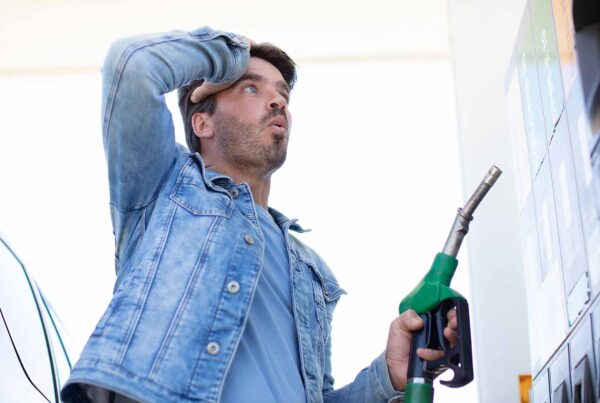The coronavirus pandemic took the entire world by surprise in 2020.
This article was originally published by the Santa Barbara News Press on March 4, 2023.
It impacted every individual, family, business and aspect of life as we knew it. The outbreak of COVID-19 infected more than 96 million people worldwide, took the lives of at least 2.6 million and spread to nearly every country in the world.
From event cancellations to lockdowns to surges in cases to mask mandates, COVID-19 has been a wild roller coaster ride. It has changed the way we do things for evermore.
Daniel Susskind, economist at Oxford University, said, “The COVID-19 pandemic has created a medical crisis and an economic crisis. It presents challenges just as big as those in the Spanish flu pandemic and the Great Depression — all at once!”
This crisis is alarming because it has several new and unfamiliar features. The pandemic is a global medical emergency caused by a virus we still do not fully understand. It was a self-inflicted economic catastrophe as a necessary policy response to contain its spread.
The world after COVID-19 is unlikely to return to the world that was.
Many trends are already under way in the global economy and are being accelerated by the impact of the pandemic.
The most important lesson from the pandemic is the importance of working together on problems that affect the entire human race. We are much stronger united than divided.
The need for an “emergency fund” has become more important than what was thought prudent before the pandemic. Emergency funds were considered “wasted assets” in recent times by many financial advisers given the low interest rate environment. Having three to six months’ worth of living expenses put back into a savings account can be a lifesaver.
Panic buying can lead to inflation of prices of staples, which we all rely on and should be able to afford. Consumers buying in stress, fearful they won’t have enough of what they need to get through a shutdown, will hurt stores when they are not able to accurately assess supply and demand. Clearer messaging by both consumers and businesses is the best solution here.
The COVID-19 pandemic serves as an excellent reminder to live within our means. We should invest in ourselves first — i.e. emergency funds and retirement accounts. We must look to differentiate between essential and non-essential expenses.
Don’t “react” to market swings. Stay focused on your financial goals and plan. A portfolio of quality investments should be maintained. During market volatility remember this advice, “Don’t do something; just stand there” — a twist on the well-known saying!
Some investments have forever changed because of the pandemic. Investments in parking lots, traditional offices and many regular retail centers do not bring the promise they once did. In many instances, these assets are being “repurposed.”
Other asset classes have brought great promise as a result of COVID-19. Online shopping has become more popular than ever and is continuing to grow. Distribution centers show promise as demand in that real estate sector continues to grow.
The way we all do business has changed in many ways and will continue to be a part of our lives. Many businesses incorporated Zoom or Facetime meetings remotely during the pandemic. Many of these companies have made this a part of doing business well into the future.
Though many have returned to the workplace, many continue to work remotely. This will continue to be a big part of how the world does business.
There aren’t many things we can guarantee, but one thing we do guarantee is “change.” The world has changed dramatically as a result of the coronavirus. With change there are opportunities and there are difficulties.
Keep looking for the “good stuff.” And more importantly, stay the course.








